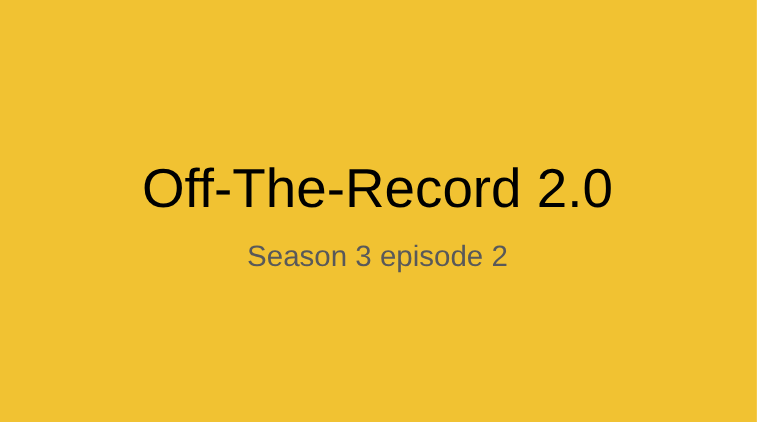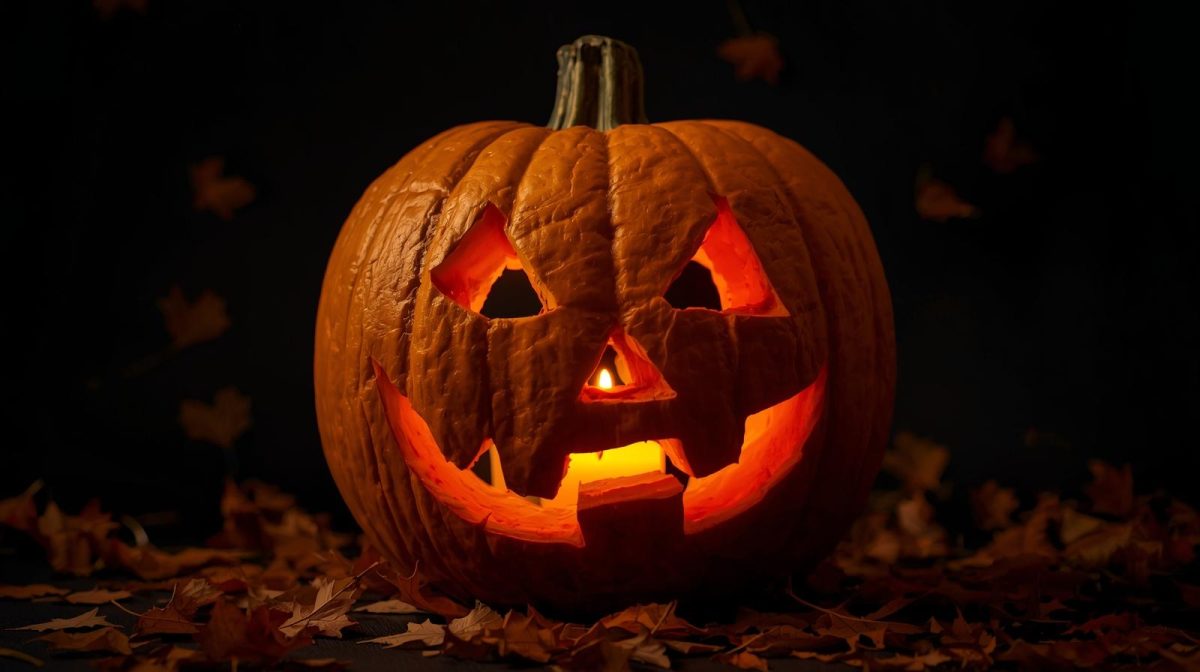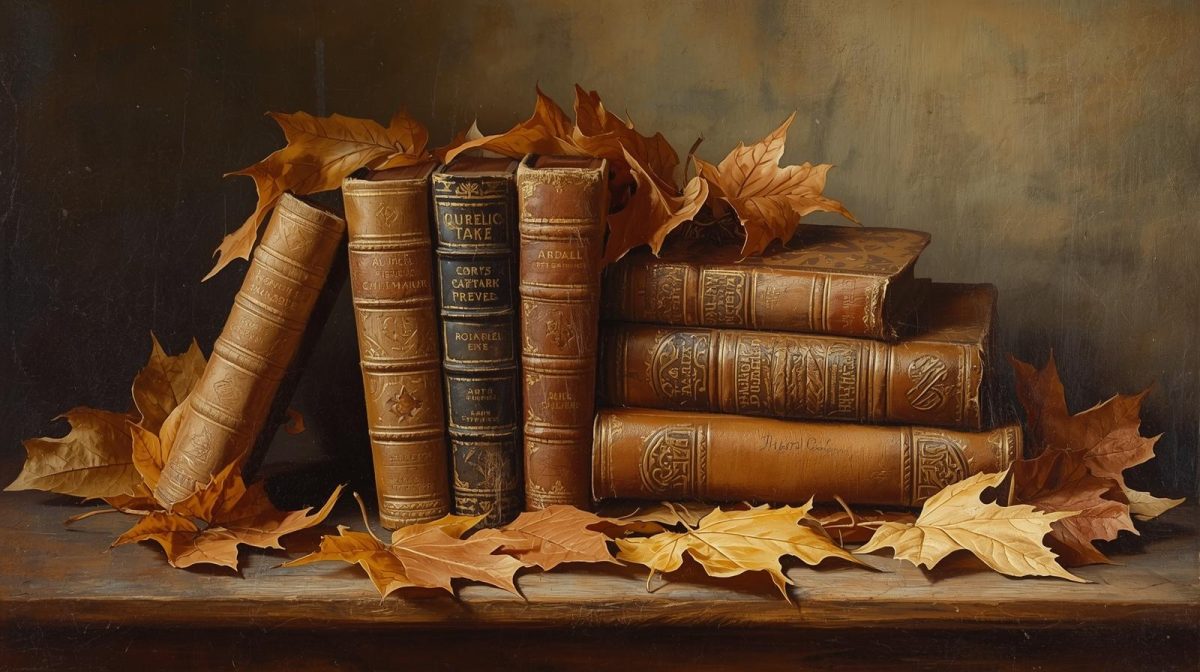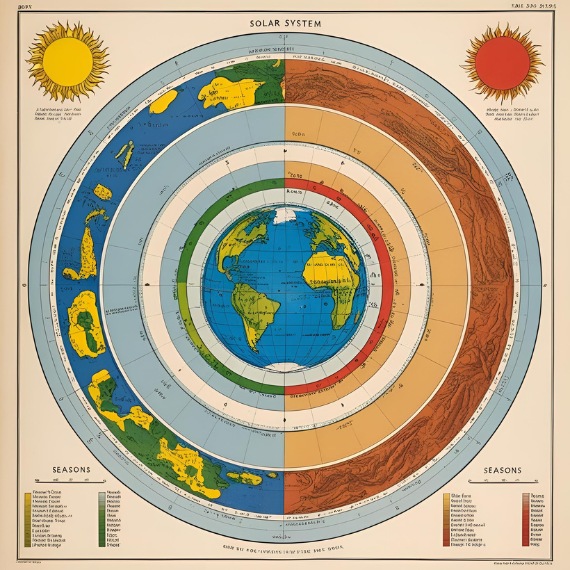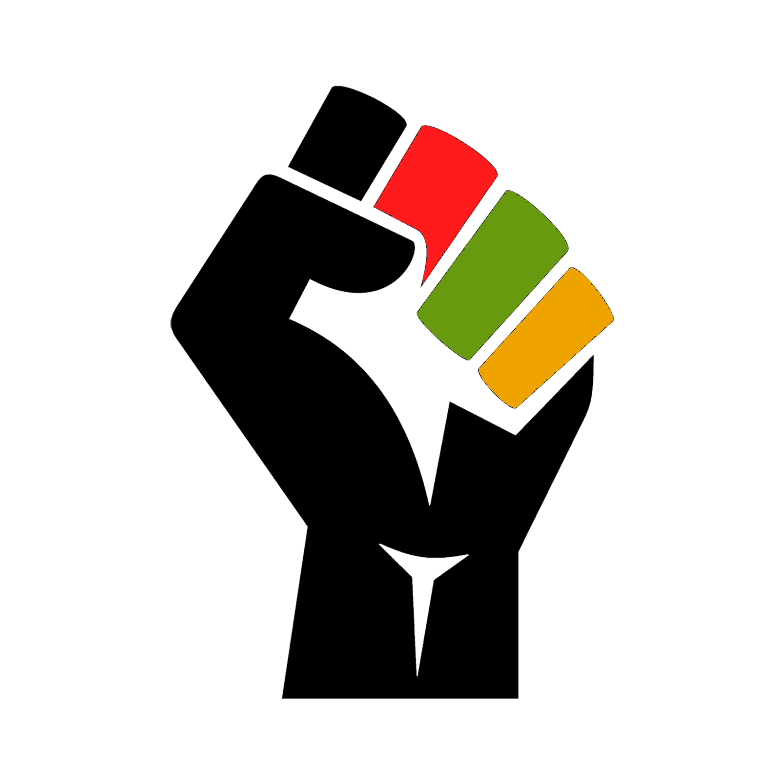Each year, the month of April is dedicated to the appreciation for the cultural significance of poetry and historical poets of the past. All across the country, many teachers set focus in the classroom on various aspects of poetry, poetic form, and the most famous poems throughout time. Furthermore, themed events are even held by the Academy of American Poets, as well as other poetry organizations. There are many ways to acknowledge the month of recognition, each one filled with stanzas, pentameter, and rhyming prose.
First established in 1996 by the Academy of American Poets, National Poetry Month was inspired by the success of Black History Month, held each February, and Women’s History Month, held each March. This was followed by a collection of cascading consequent events:
1998: The Academy of American Poets and the American Poetry & Literacy Project distributed 10,000 free books of poetry and President Clinton and his First Lady held a gala at the White House featuring famous poets.
2001: The Academy of American Poets held a vote for the most wanted poet postage stamp — Lanston Hughes won.
2005: The Empire State Building featured blue lights to commemorate the tenth anniversary of National Poetry Month.
2006: Poem-A-Day was established by the Academy of American Poets, through which they posted one new poem on their website for every day of Poetry Month each year.
2012: The Dear Poets Project was created by the Academy of American Poets, which invites students to read and write poetry during the month of April, and includes a free lesson plan for teachers.
2021: The Andrew W. Mellon Foundation and the Academy of American Poets commemorated the twenty-fifth anniversary of National Poetry Month.
In looking at exactly how to celebrate poetry this month, there are various listings of prospective activities; however, the celebration could truly be as simple as reading a poem. These are other ideas:
- Sign up for Poem-A-Day.
- Read the most-read poem for the year.
- Subscribe to a poetry podcast.
- Browse through poetry on various online websites.
- Organize a poetry reading event.
- Sign up for a poetry class or workshop.
- Watch a movie or show featuring a poet.
- Share your favorite poetry online with others or with friends and loved ones and explain why you enjoy it,
- Make a donation to the Academy of American Poets
It couldn’t truly be Poetry Month if one did not highlight famous poets of American History.
Walt Whitman is often considered the “father of poetry” and is known for his experimentation in free verse, as well as transcendentalism and realism.
Emily Dickinson was little known during her life; however, she was heavily renounced after her death for her original verse and deeply personal expression in her poetry.
Robert Frost was often esteemed for his depictions of ordinary people in everyday life within his poems.
Sylvia Plath is credited with advancing the practice of confessional poetry.
S. Elliot is known for his advancements in the modernist style of poetry.
E. Cummings wrote poetry that often contained unconventional punctuation and phrasing.
Edgar Allen Poe was often cited as the writer of mysterious, poems of the macabre.
Some other remarkable poets include:
- Maya Angelou
- William Carlos Williams
- Langston Hughes
- Elizabeth Bishop
- Herman Melville
- Ralph Waldo Emerson
- Henry David Thoreau
Regardless of any one person’s ranking of poets or the ways in which Poetry Month can be celebrated, it is important to acknowledge the development of the creative form of writing throughout history.




